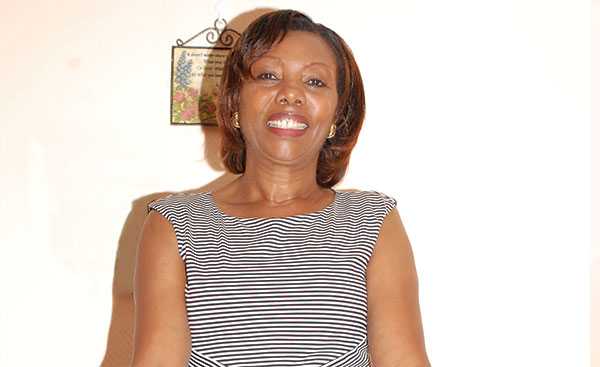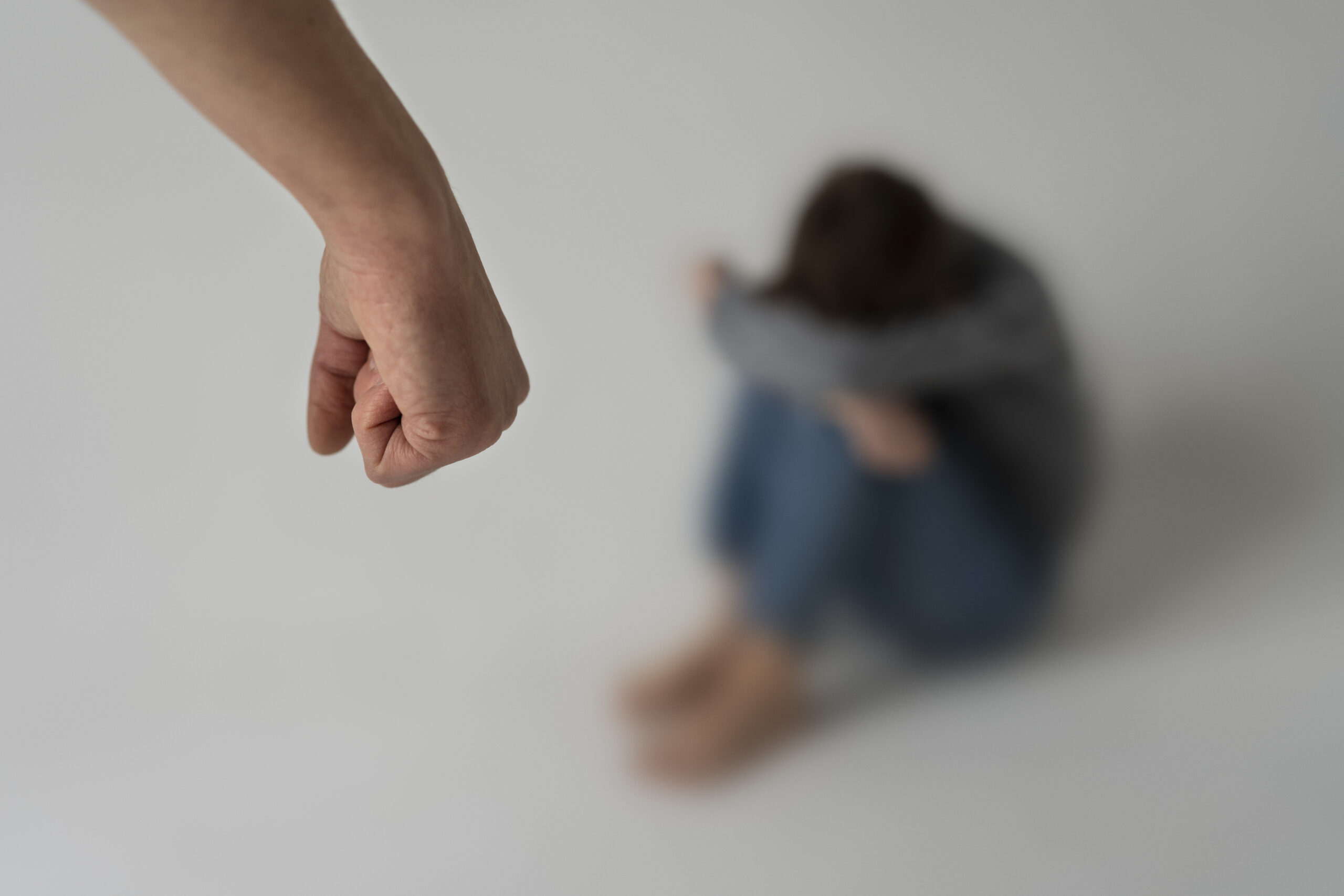I weep for the boy child
Editor in Chief Picture this. It’s a beautiful Sunday morning. I have driven to Githunguri town in Kiambu County to join other worshippers at the local Anglican Church and thereafter

Picture this. It’s a beautiful Sunday morning. I have driven to Githunguri town in Kiambu County to join other worshippers at the local Anglican Church and thereafter represent my husband in a fundraising for the construction of a new church to replace the old one currently in use. The small church is overflowing with enthusiastic congregants worshipping in song and dance and giving their all to ensure success of this function. But I can’t help noticing how few the men are, especially the youth. Where are they?
Fast-forward four hours. It’s around two in the afternoon. I am driving back to Nairobi after accomplishing my mission. I notice the town, which was sleepy in the morning when I drove through, has woken up. It’s teeming with people – women and children coming from church, traders selling their wares, and young men loitering the streets.
Then I notice cars avoiding some obstacle on the road. It’s a man. Oh no! He looks dead. I think it’s an accident. But why are people not stopping to help him? I get closer prepared to be the Good Samaritan – am from church and will not pass a dying man. But no, he’s not dead and there has not been an accident. He’s drunk. Dead drunk! On an early Sunday afternoon! It leaves me thinking. Most of the young men hanging out in the streets are waiting for the bars to open. But many are already drunk. Where is Mututho and his laws?
I have left Githunguri town in deep thought and am now in Ndumberi Shopping Centre near Kiambu town. Its chaos everywhere – matatus, hooting, touts, drunkards, shoppers – but this does not stop the golfers from doing their thing on the famous village golf course facing the shopping centre. I stop to observe. The desolate young men standing on the pavements and others jay walking are a spectacle to behold – skeletal, stooped, altered dental formulas, thinning hair, scarred skin, blood-short eyes that are gouging out, dirty clothes. These are the young men of Ndumberi, the village of my husband and many other prominent people.
Something has gone wrong. A generation is being wiped out by alcohol – a male generation. And the reality is that these are the images you get in most rural towns in Kenya, especially in Central Kenya. Young men whose life is lost in alcohol and drugs, just wasting away. It does not have to be that way. Something can be done and should be done.
And just when I thought my shock for the day was over, it’s time for evening prime time news. Women are demonstrating. They are carrying slogans and banana leaves while dancing and shouting. They are from Ndeiya, a village in Kikuyu. What has provoked them? Has someone stripped naked one of their own? No. They are asking serikali to come to their help and do something about their husbands! “They have become women – they don’t function anymore!” “We do not give birth anymore, schools are closing down!” “They steel our sufurias and sell them to buy alcohol!” “They don’t wash, they are dirty, and they smell!” Why? Because of alcohol and drugs. Are we going to turn away from these images? They are happening right in front of our eyes on TV, in our villages, towns and neighbourhoods. Right here in our country.
As I said a prayer that evening for my children, instead of seeing the faces of my two boys, I saw those of the young men of Ndumberi and Githunguri. I said a prayer for them and also asked God to compel us as a nation to do something about it. We need to start focusing on the boy child. Not that the girl child is not in need, she is in dire need, but if we continue to ignore the plight of the boy child, we will not escape the consequences.
The boy child needs direction through mentorship and guidance. And our men have not scored an A in this, not even a B – they have absconded from their responsibility of being fathers, mentors and role models to their sons. Society also seems to have forgotten the boy child who has caved in under the pressures of unemployment, poverty and other negative influences. Confused young men have turned to criminal activities or alcoholism and drugs to escape their problems.
As we continue to help with the empowerment of the girl-child, and the results are evident, we need to also turn our attention to the boy-child. He needs help. He needs to be empowered to face life’s challenges without resulting to alcohol abuse and other criminal and anti-social activities. As we celebrate this Christmas and prepare to usher in the New Year, I am making a passionate appeal to all Kenyans, men and women of goodwill, to focus on the plight of the boy child. But I urge men to take the lead and come up with initiatives that can salvage the life of the boy child who holds the future of this country. He needs guidance, mentorship and role modeling. You can play that part.
If you don’t know where to start you can join initiatives already in place, for example, the MENTENDA (men taking action) by the Kenya Community Development Foundation (KCDF). This initiative is calling on men to stand up to be counted as supporters of the boy child. It is a mentorship programme to be executed through secondary schools and you can start by adopting a school of your choice and connecting with KCDF www.kcdf.or.ke for the programme to kick off. What a better Christmas gift to your village, the boy child, and future of this country? Think about it. Merry Christmas.
Published in December 2014




